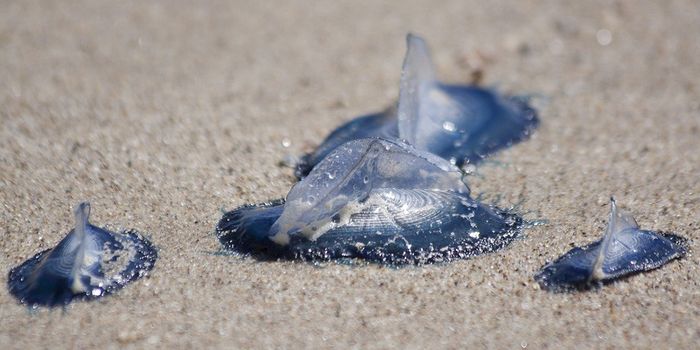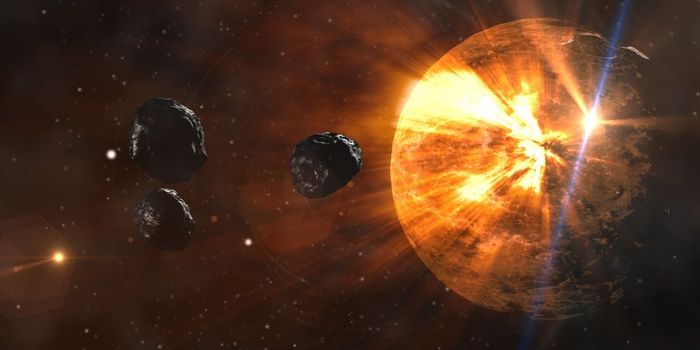What Really Killed the Dinosaurs?
There are many theories about how the dinosaurs died out, but one of the best-accepted ones of all is how a massive asteroid collided with the planet and resulted in conditions so harsh that most forms of life died out. For the most part, this is probably still true, but many researchers now think it was the ensuing events from the asteroid strike that caused the mass extinction rather than the asteroid strike itself.
Assuming an asteroid nearly 6 miles wide slammed into the Yucatan peninsula more than 66 million years ago, models indicate that it would have sent devastating effects echoing across the entire planet in the form of earthquakes, tsunamis, and volcanic eruptions. Such an impact would have also thrown up billions of tons of super-heated material into the atmosphere.
After finally raining back down by the effects of gravity, this ultra-hot material would then trigger uncontrollable global fires, enabling several billion tons of soot to rise into the air; this blocked out enough sunlight to disrupt plants' photosynthesis cycles and resulted in survival issues for creatures relying on plants for food and oxygen.
Although the soot cleared up from the skies eventually, only the most robust life forms survived the long, hellish experience. Those life forms were required to start all over again, adapting to the new conditions and evolving to survive the new challenges that ensued.
No models are perfect, so there's always a reason to believe that things happened differently than today's theories describe. Fortunately, modern science continues to challenge us to think outside the box and consider a bigger picture for how and why things happened the way they did.








